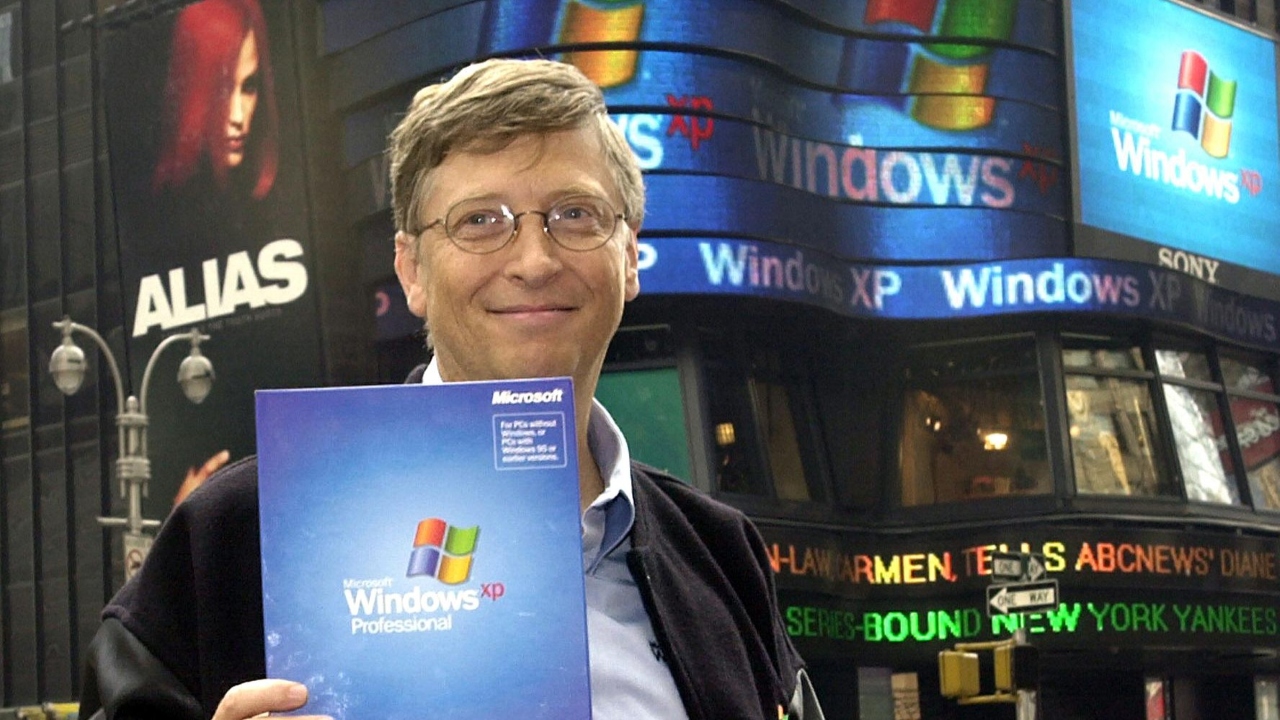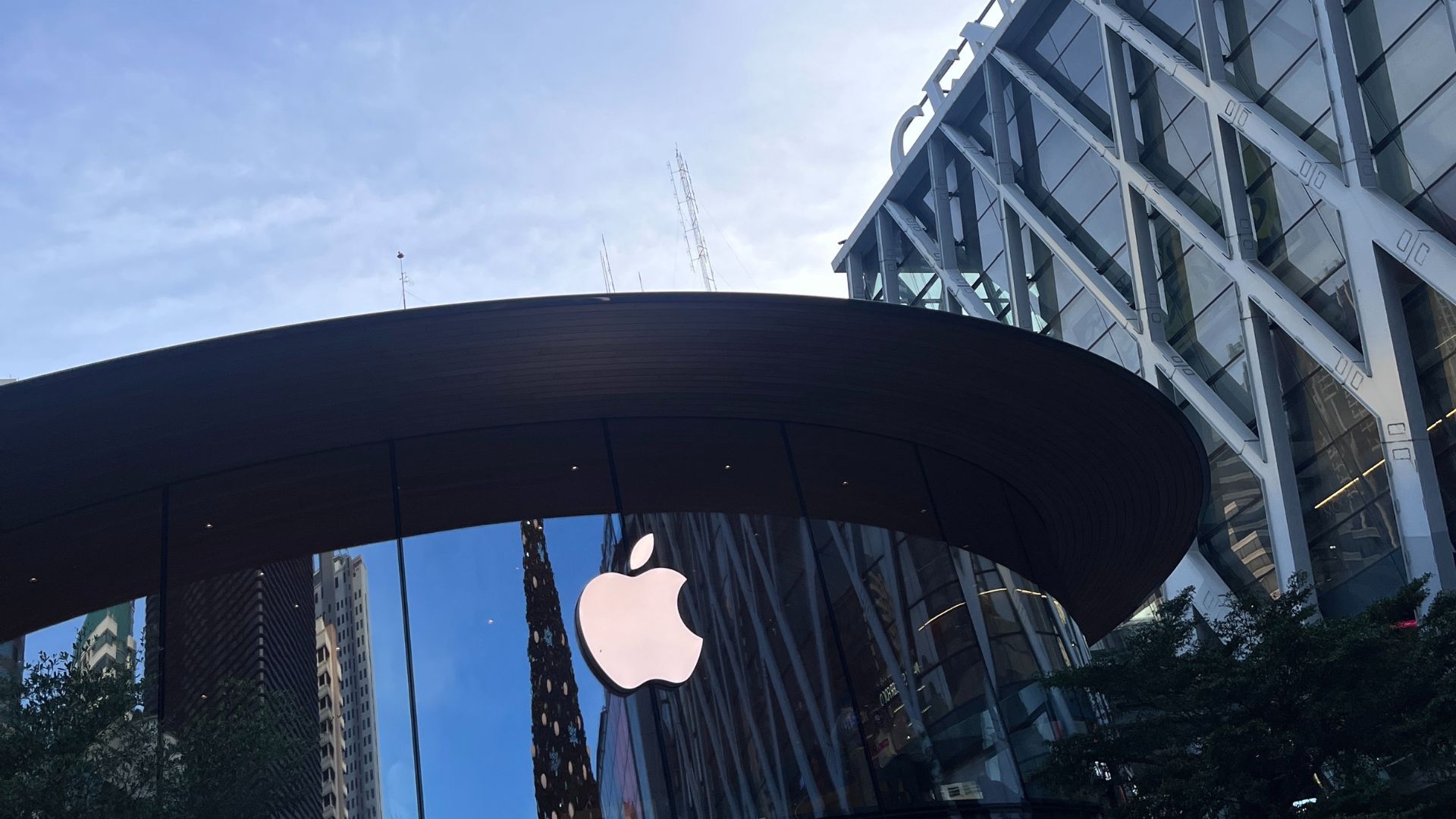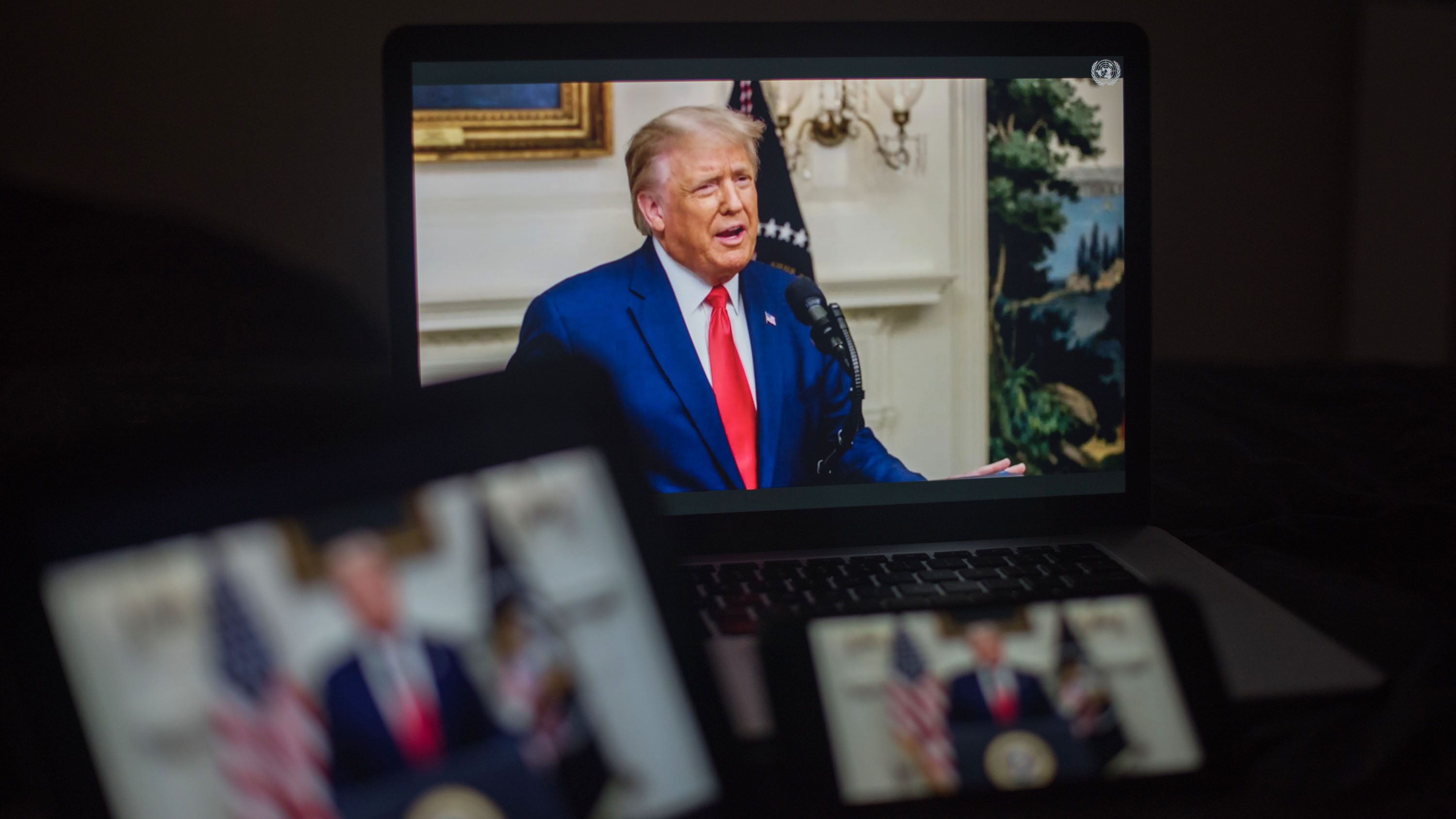When you purchase through links on our site, we may earn an affiliate commission.Heres how it works.
Microsoft had todebundle Teams from Microsoft 365 last year.
The move was made to appease EU regulators and drew criticism for being too little too late.
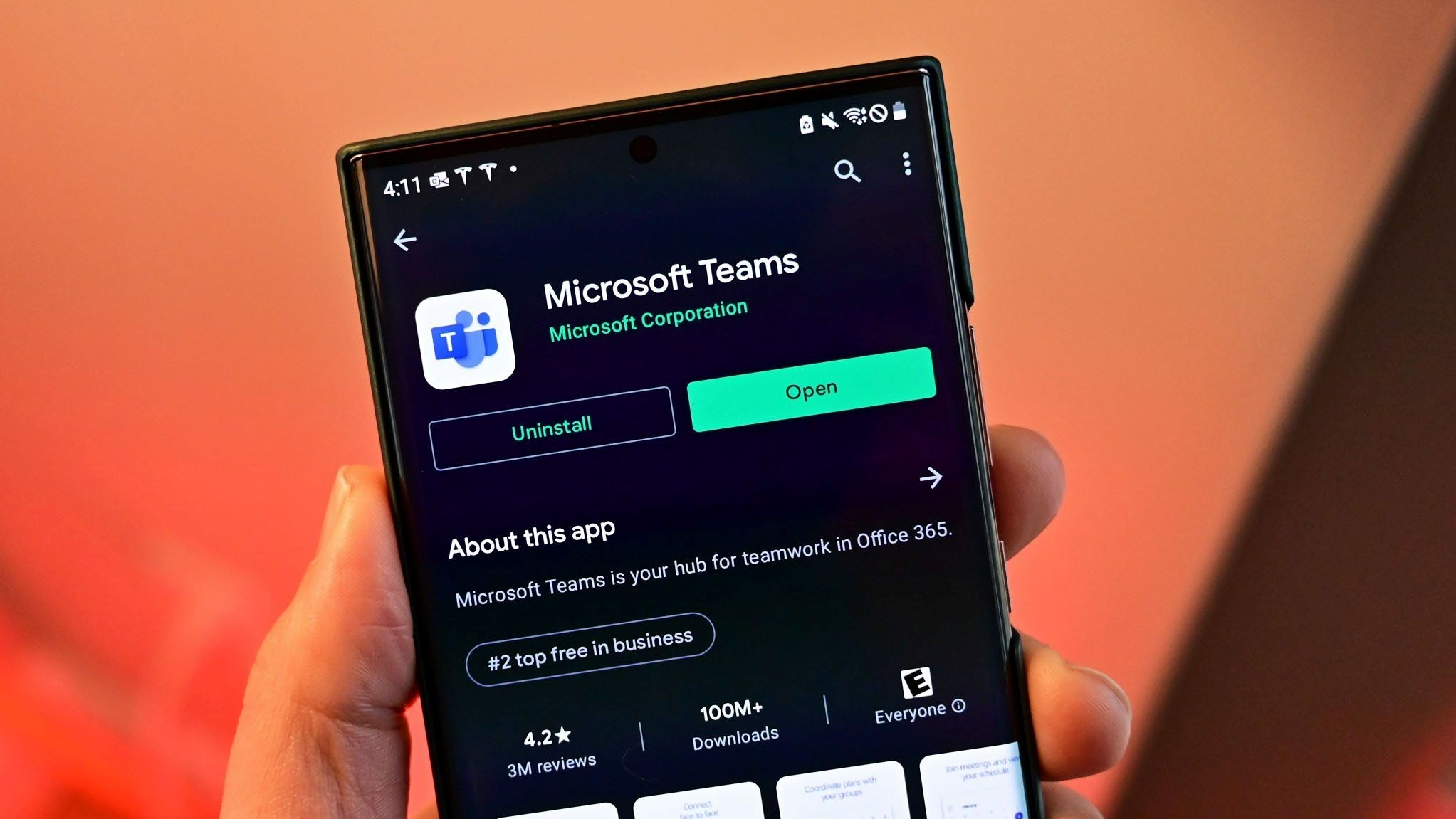
Internet Explorer is a classic example of Microsoft’s business strategy, according to Weber.
Microsoft thensplit Teams from Microsoft 365 worldwideamidst antitrust pressure.
Is Microsoft’s change of plans an example of trying to shove toothpaste back in the bottle?
Did Microsoft use monopolistic practices to convert companies to Teams using dominance in the productivity software space?
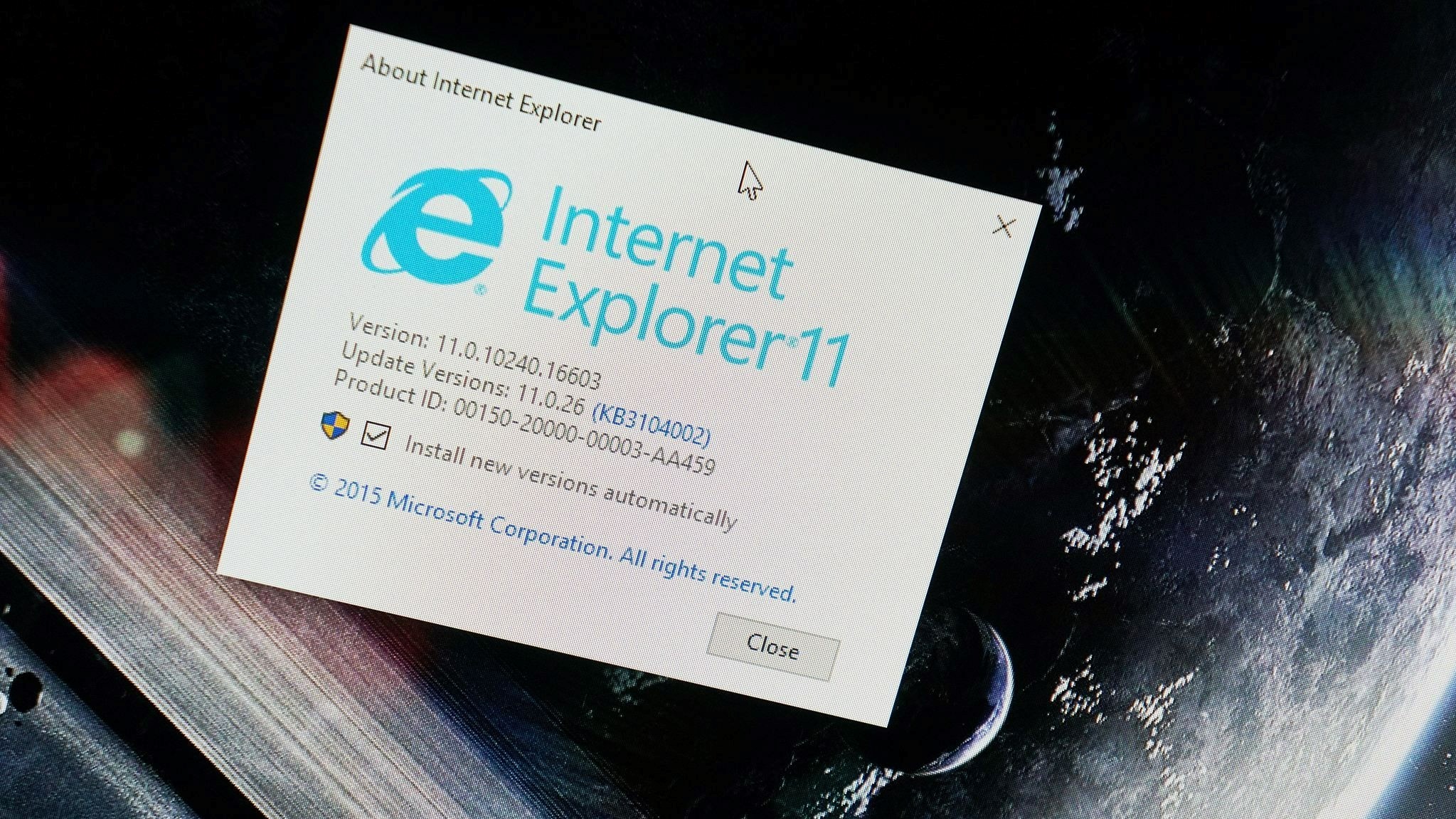
Internet Explorer is a classic example of Microsoft’s business strategy, according to Weber.
Weber is professor of the Graduate School at University of California, Berkeley School of Information.
He was a faculty member at Berkeley for 32 years in both political science and the School of Information.
He continues to research in his current role.
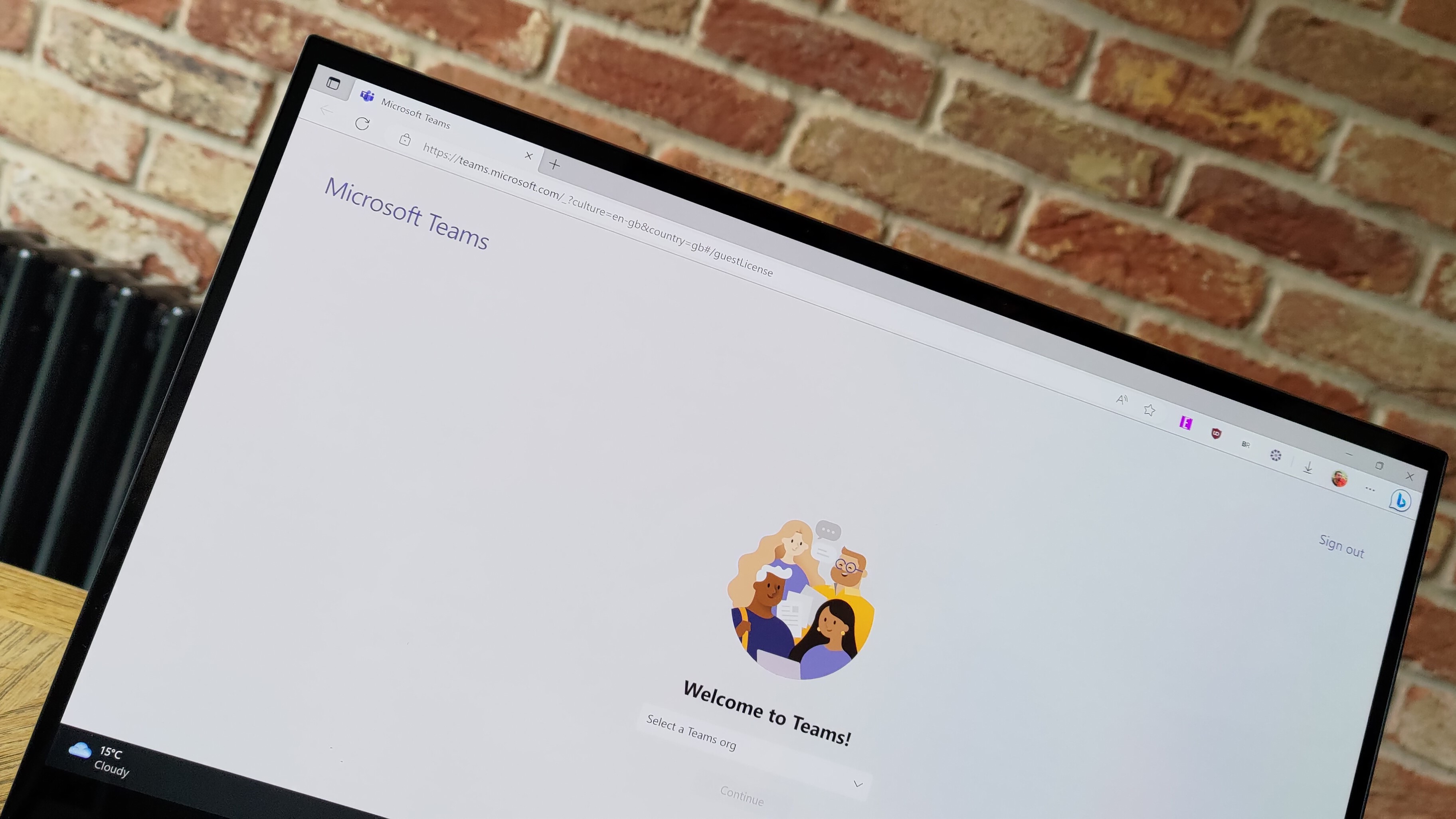
The growth of Teams isn’t a traditional case of monopolistic practices.
The tech giant’sacquisition of Activision Blizzardonly went through after a drawn-out legal process involving regulatory bodies from several countries.
“It’s the iconic piece because I see it as like that’s Microsoft Playbook.”
Weber then related the situation to Teams vs. Zoom.
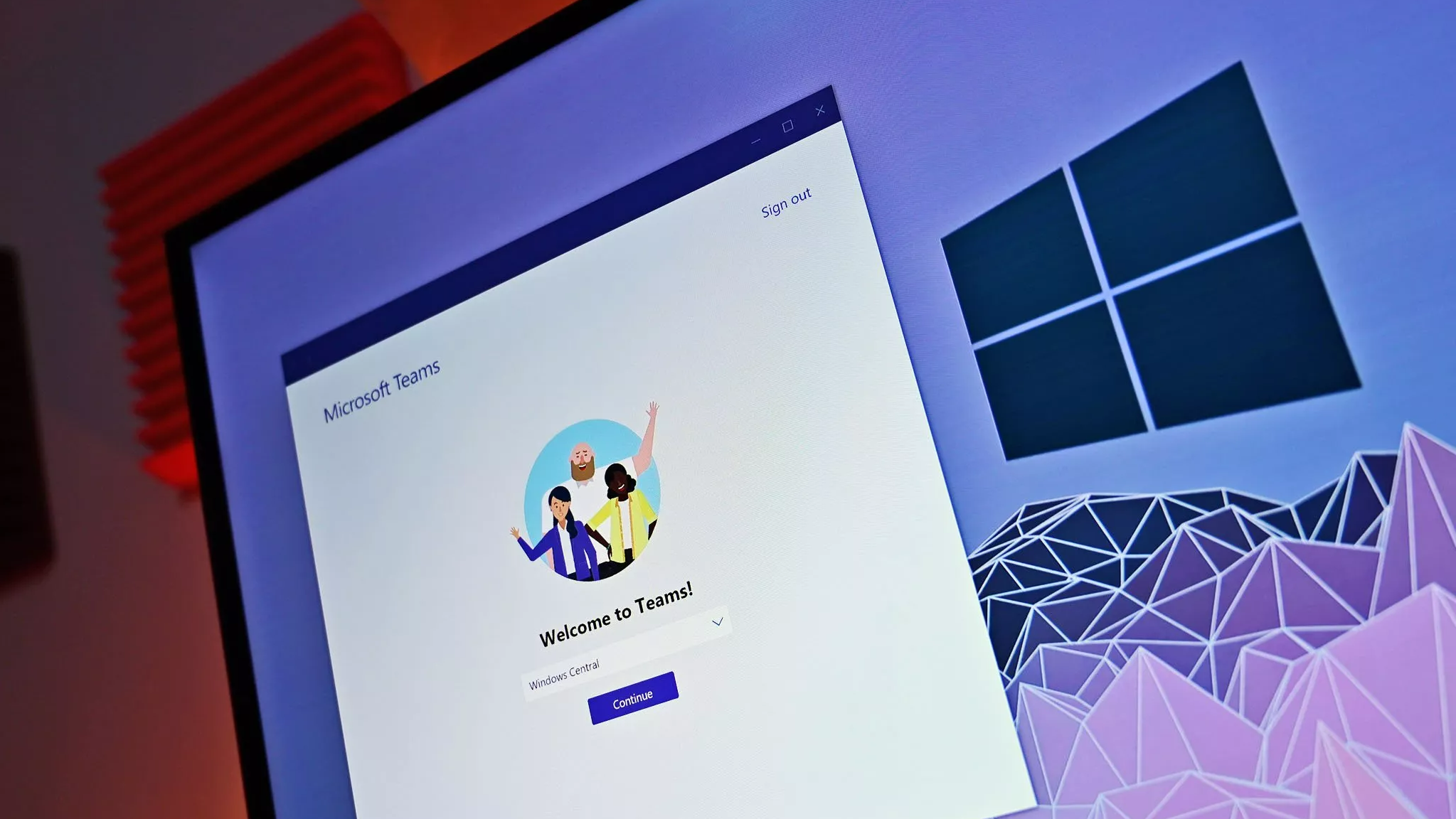
Microsoft Teams certainly has its fair share of critics.
Antitrust or something else?
While antitrust legislation is involved, a different term is more applicable in the eyes of Weber.
“I prefer to use the term competition policy because antitrust is sort of a dated term.

Over 320 million people use Microsoft Teams for video calls or other online communication.
I have never met a person who says Teams is better than Zoom.
Easier to use, works better, better interface… Everybody I’ve ever talked to prefers Zoom.
And something that people talk about in adjacent markets.

Microsoft 365 is now split from Teams, but many ask if the move was made too late.
That’s not what we’re talking about here.”
What Microsoft did was bundle Teams with Microsoft 365.
It was no longer about which communication platform was better.

Microsoft pushes Copilot in Windows 11 in a manner many consider overly aggressive.
It was about which was the better bargain.
“I have never met a person who says Teams is better than Zoom.
Microsoft has since debundled Teams from Microsoft 365, a change which took effect on April 1, 2024.

Why can’t Microsoft do this?
After all, capitalism is about competing for customers.
Why is it Microsoft’s responsibility to worsen its offering to promote competition?

It’s a question that competition policy experts always will get asked in the court.
The government complaint against Apple asks exactly the same question.
Why should Apple be forced to, for example, create an iMessage product for the Android phone?

It comes back to leveraging pre-existing dominance.
Too little too late?
My guess is you ran into friction.
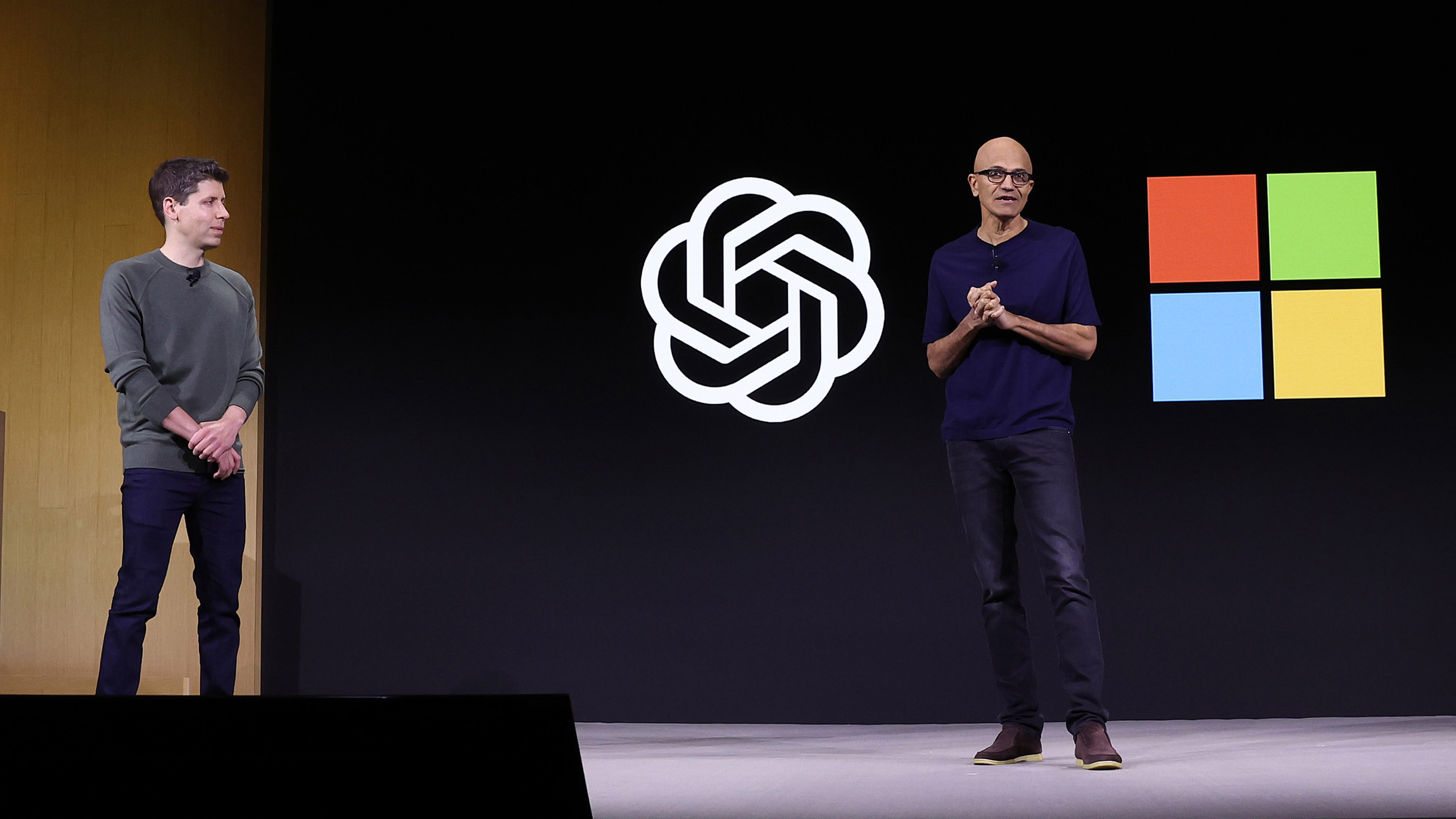
Now imagine that at enterprise scale when thousands of messages and threads are involved.
Companies can’t just swap from Teams to Zoom or Google Meet overnight.
Microsoft Teams is no longer included with Microsoft 365.
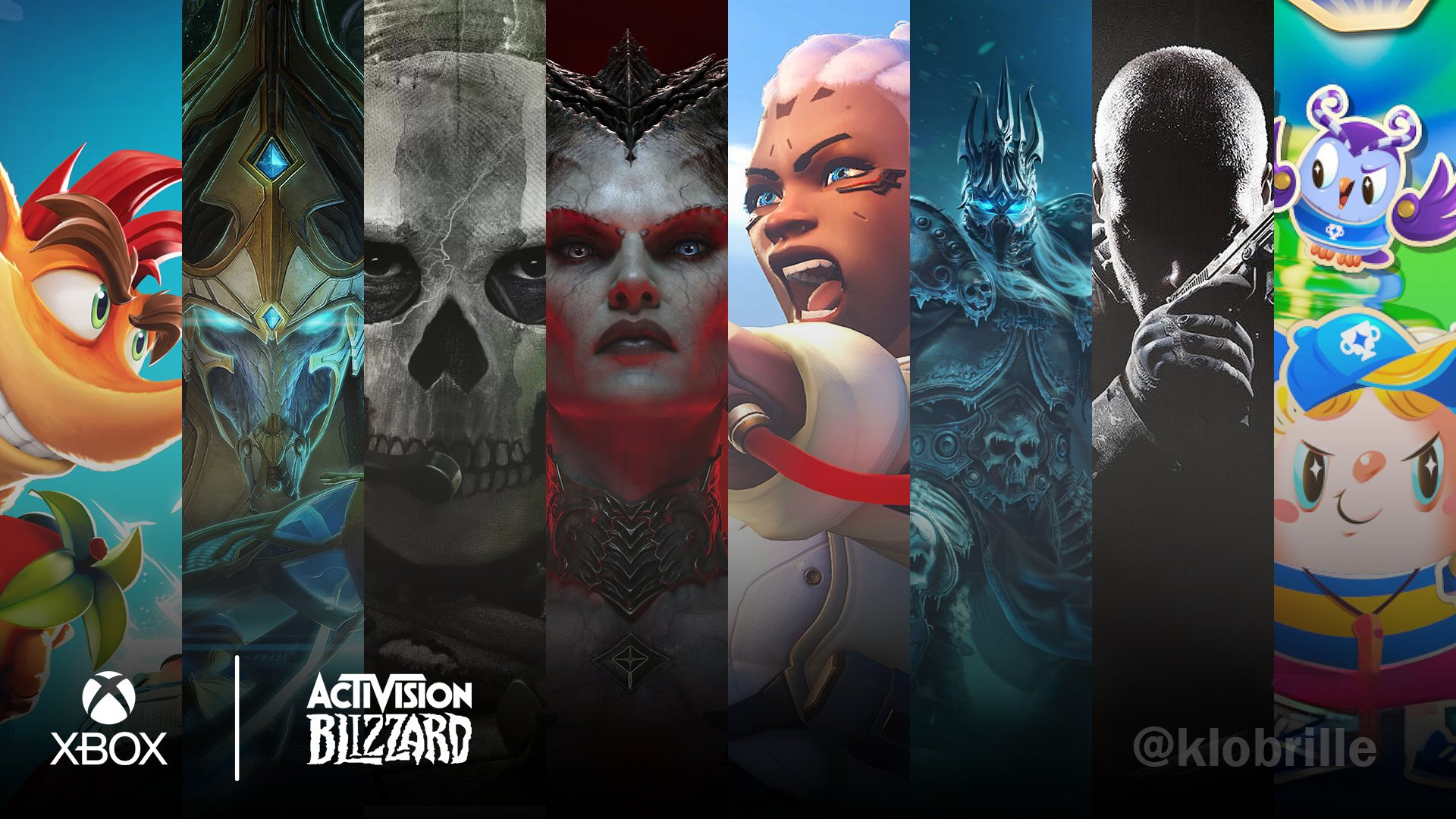
But that change only came after the EU stepped in, and the competitors filed complaints.
Is Teams interoperable with other communication platforms to the same extent as it connects to Microsoft 365?
Does the fact that many organizations will get to keep previous bundled pricing make the move empty?
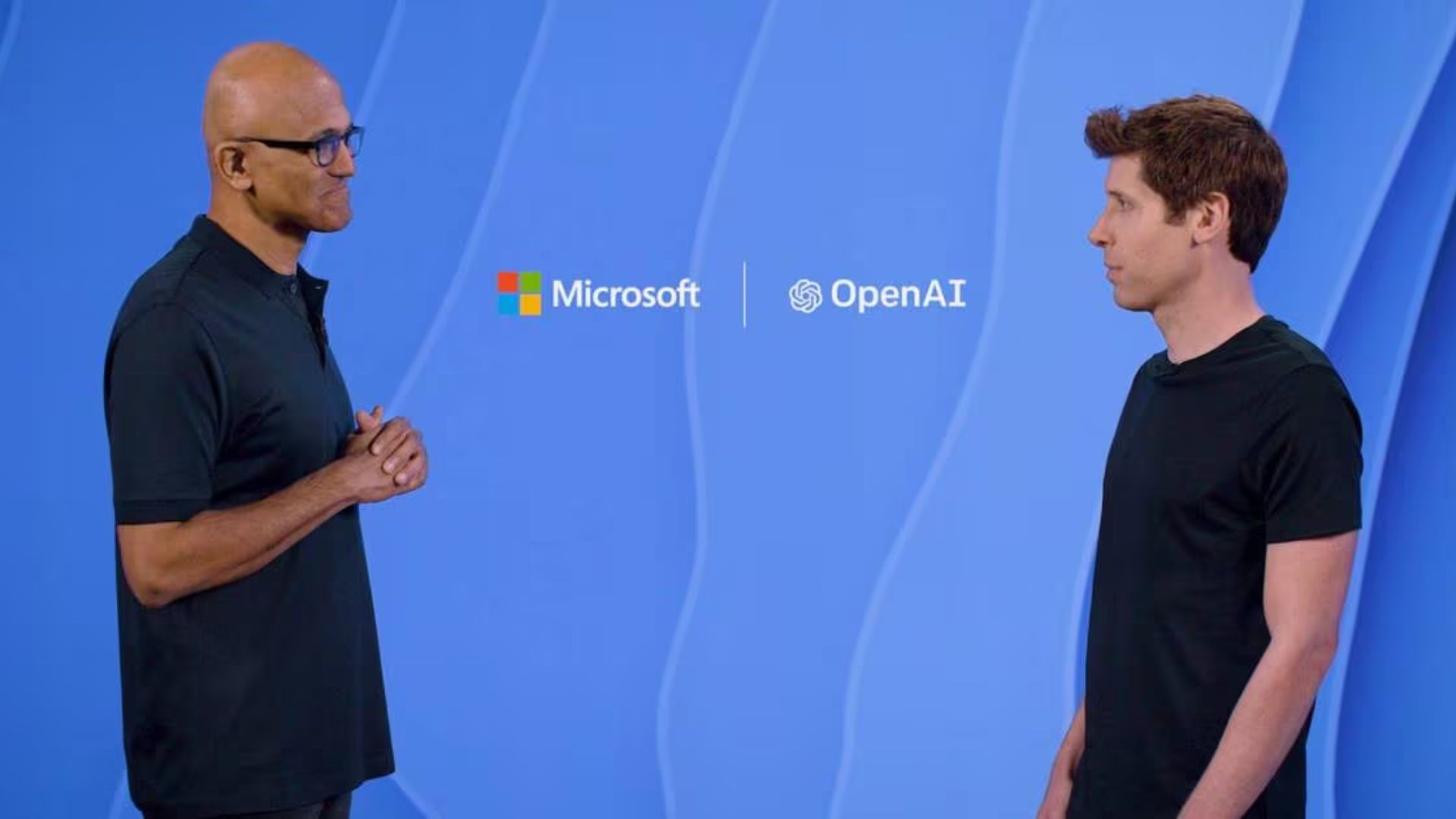
“Kicking the can down the road, then they can keep doing this again and again and again.
Will Microsoft change?
Microsoft is dominant in several sectors, which creates a risk of anti-competitive behavior being effective.

We’ve seen the EU and Microsoft competitors argue that’s exactly what happened with Teams.
Will Microsoft use a similar strategy with other emerging technologies?
It seems likely, as the tech giant isrolling AI and Copilot into Windows 11andMicrosoft 365.
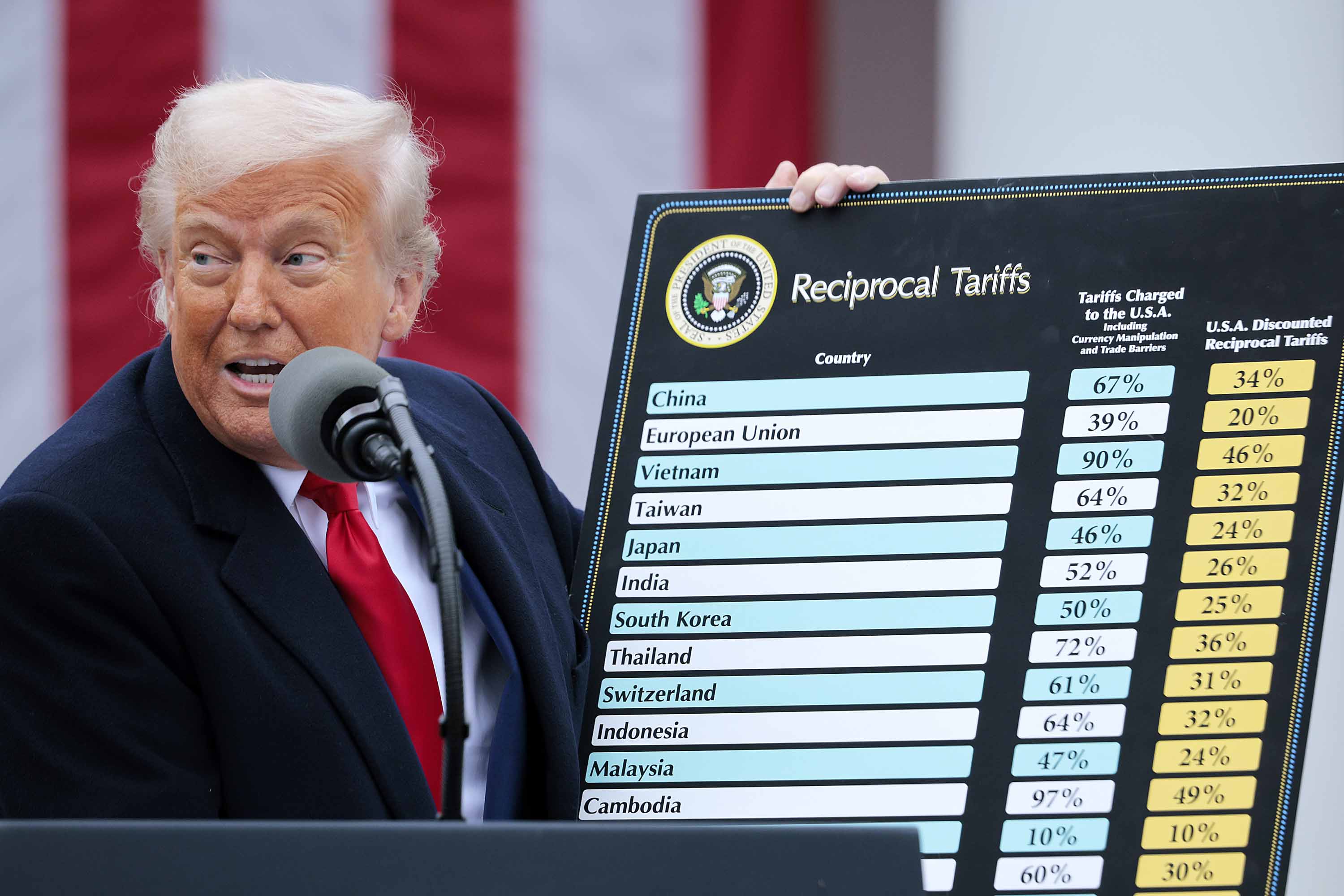
Perhaps Microsoft will have to debundle Copilot from some of its other services in the future.
There’s also a chance regulators will view AI differently than communication software.
